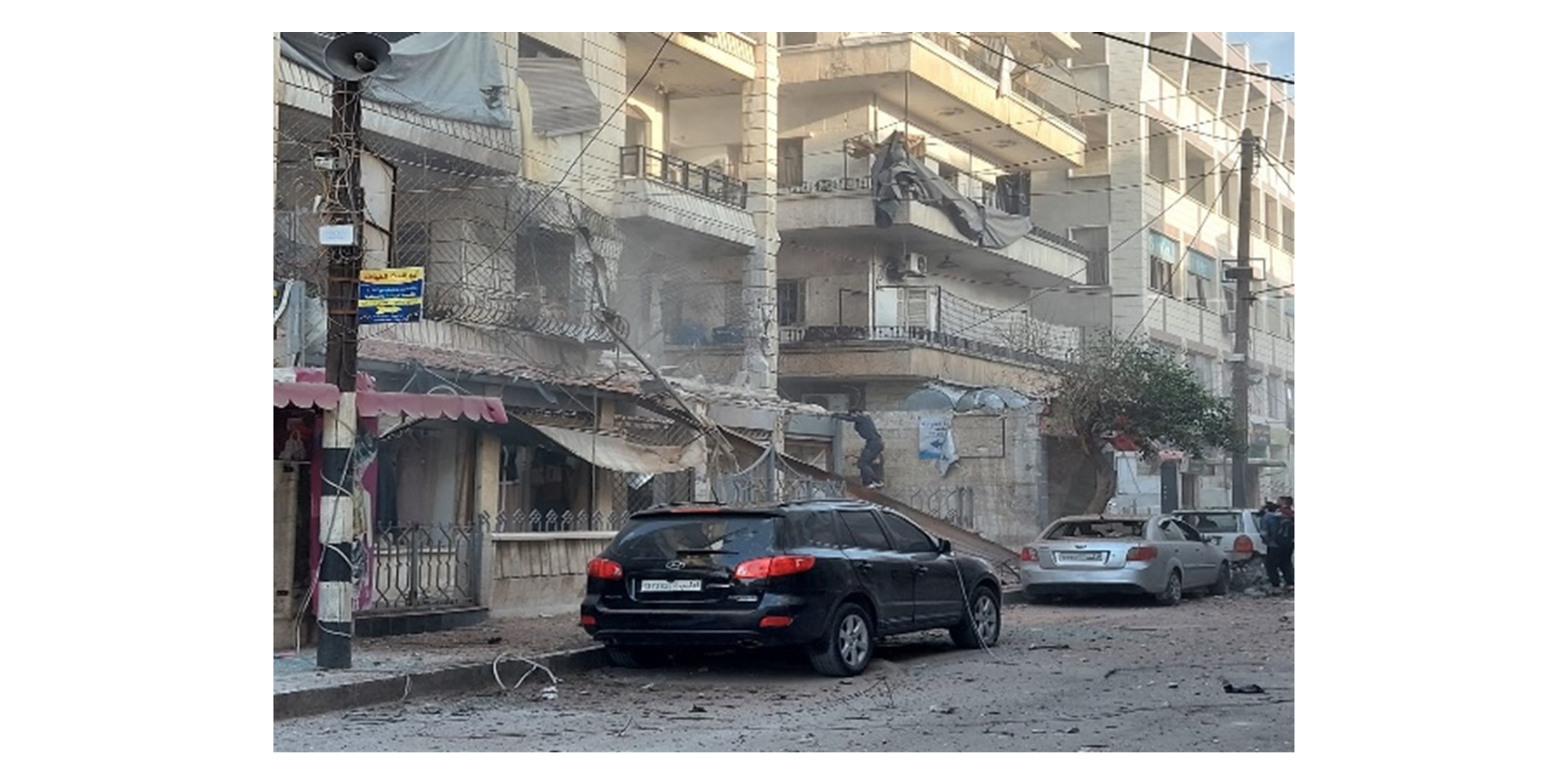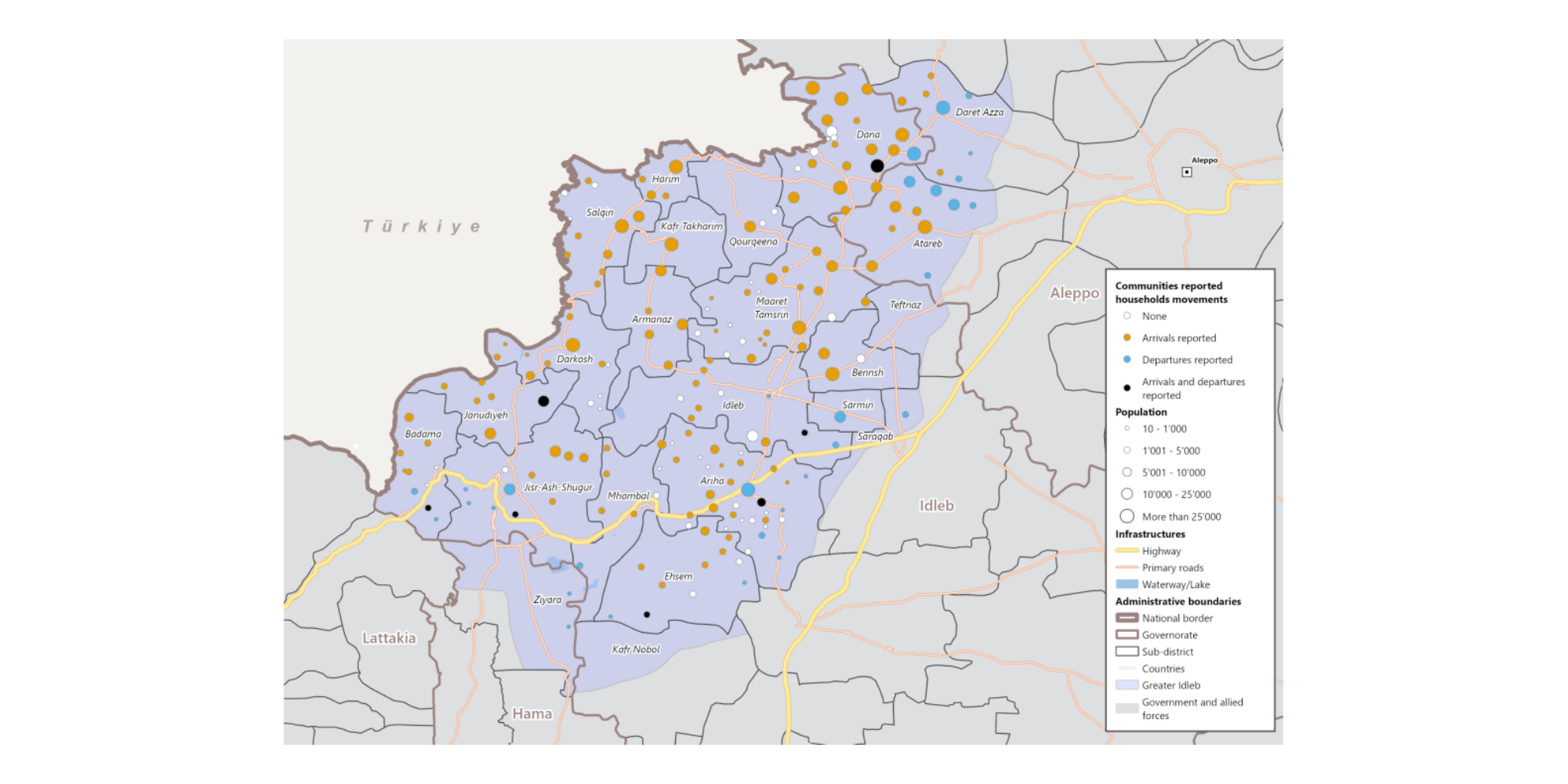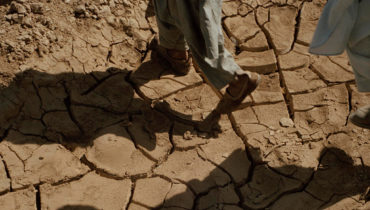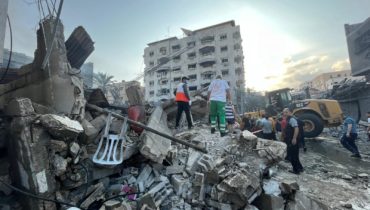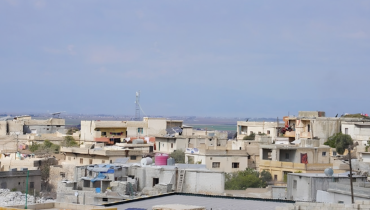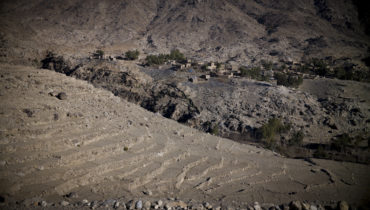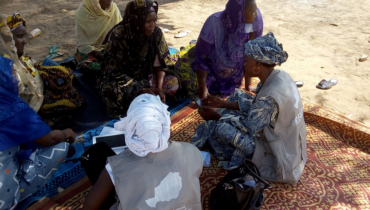Recent escalation of violence in Greater Idleb causes major displacement and disruption of services
25 October 2023
Northern Syria has experienced a surge in violence in recent days, exacerbating an already severe humanitarian situation after twelve years of conflict and a devastating earthquake in February this year. Both the eastern and western parts of the region have been hit by airstrikes and shelling, resulting in deaths and injuries, damage to critical infrastructures and disruption of basic services. Massive displacement was reported in Greater Idleb, Northwest Syria, with close to 70,000 people forced to relocate in a span of days. Meanwhile, across the northeast in Hasakah Governorate, Aleppo’s eastern area, and Raqqa’s northern countryside, bombardments have led to severe damage to key civilian infrastructure, including water, electricity, and oil facilities.
Since 5 October, Greater Idleb has been subject to renewed violence with critical effects on preexisting needs. One of the most significant consequences is major displacement across the region. OCHA estimates for affected areas in Idleb and western Aleppo point to 68,000 displaced people, as of 13 October.
My family and I were forced to leave the house without thinking about the next destination or even the temporary location where we could seek refuge.
– Community member
IMPACT, through its initiative, REACH published a rapid needs assessment in response to the escalation to provide humanitarian actors with timely information about the impacts and needs of affected communities. Most key informants across the nearly 200 assessed communities pointed to the high risk of displacement due to conflict escalation. Many of these displaced people sought refuge in the countryside of northern Aleppo and near the Syrian-Turkish border. Fear from imminent conflict, family separation and psychological trauma were also reported to be prevalent.
A state of panic and anxiety prevailed among civilians. This was especially due to the targeting of medical facilities, hospitals, schools, and popular markets. […] Moreover, the region suffers from a lack of income due to the majority of the population relying on daily labour work, and the absence of savings. There are almost no job opportunities available.
– Community member
Moreover, the threat from insecurity restricted safe travel and forced the closure of key institutions, thus limiting people’s access to basic services such as education, healthcare, markets and livelihoods. In a quarter of these communities in Greater Idleb, most of which rely on aid, humanitarian assistance has also reportedly been heavily disrupted. Multi-purpose cash and food are the most common priority needs of both displaced populations and host communities.
Between 5-9 October 2023, Northeast Syria also experienced a surge in violence. The heightened conflict has led to extensive damage to oil facilities, water and electricity stations, as well as disruptions to hospitals, agricultural activities and aid deliveries, among others. Upcoming reports from the Humanitarian Situation Overview of Syria (HSOS) and Joint Market Monitoring Initiative (JMMI) assessments will capture the specific effects of the recent escalation of violence on humanitarian needs and markets in Northeast Syria.
Read our latest brief, highlighting key findings from the recent Rapid Needs Assessment on the escalation in Greater Idleb.
Stay informed on the latest REACH Syria information products by accessing our Resource Centre.

